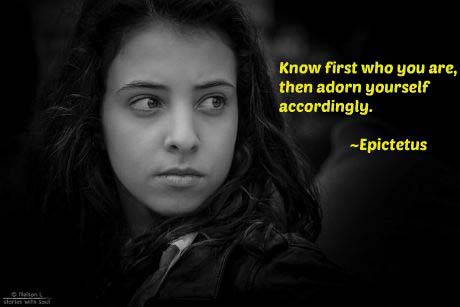Jungian Personality Type: Making Space in My Life for the Real Me

I’ve written on Jungian personality type previously, but in this post, I’d like to look at it from a different angle.

Photo by Nelson L.
This post explores how, in major life transitions, we’re often forced to be honest with ourselves, and to come to terms with our Jungian personality type. We may not be consciously aware that that’s what we’re doing, but it happens nonetheless, and with powerful effect.
Building Blocks of Jungian Personality Type
If you’re not familiar with Jungian personality type, more has been written on the subject than we can review here. Yet, Jung’s ideas of personality type lie behind the famous Myers Briggs Typology Inventory (MBTI) now so frequently used in business and human resources contexts. In Myers-Briggs, there are 16 broad personality types. However, there are 6 core factors which Jung identified that form the basis of each of our personality types.
People tend to be either introverts or extroverts. An introvert is someone who is stimulated, excited or energized by the internal world. An extrovert is just the opposite: someone who is stimulated, excited or energized by the external world.
Also, each person has one of four functions. The primary function is the primary way the individual takes in the world.
- the thinking function involves knowing what something is, naming it, and linking it to other things;
- the feeling function is not affect or emotion, but rather the way that we take in the value of something, or understand its significance;
- the sensation function brings to us all the awareness that comes through the various physical senses; and,
- intuition, the function of awareness of all the possibilities in a situation or thing, on the basis of “hunches”, without conscious proof or knowledge.
These elements combine to make the personality type of the individual. Jungian /a-midlife-transitions know this type will profoundly effect how an individual approaches his or her life, what he or she values, the nature of key life goals, relationships with every other human being, and the individual’s religious or philosophical stance, or lack thereof. An individual’s Jungian personality type is a fundamental fact about her or his nature.
Confronting the Truth of Our Personality Type
In key transitions in life, the individual may well confront their Jungian personality type, which is to say their fundamental nature in some very profound ways. Here are two examples, which are fictionalized accounts, but each loosely based on the combined experiences of many former clients.
Example One. “Camilla”, a young woman just accepted to law school, faces enormous pressure to be a lawyer. Both her parents are extremely hard working immigrants, and are lawyers of some distinction. Camilla is a very intelligent and capable woman herself, and believes that she probably could meet expectations, and successfully complete law school. “I could do it,” she realizes, “but at what cost? I’d be continually unhappy, because it’s just not my idea of creative work. I have all kinds of energy for people! I want to connect, co-operate, feel good about working on a common project!” After a considerable amount of personal therapy work, Camilla makes the hard decision to turn down law school, goes to film school, and ends up in a happy, successful career as the creative director of a multimedia team.
Case Two. “Jake” works for a successful family-run printing business. Originally the only salesperson, Jake is now in charge of a team. The role continually draws on Jake’s extroversion and feeling function, both in relating to clients, and in inspiring and leading all the sales staff. Jake, 45, has been doing this role for nearly 20 years, and realized in the course of therapy that he is exhausted. “I can do this job, but it sucks the life out of me! I find it so hard to be continuously socially engaged with people!” Jake, an introverted thinking type, somehow found the time to take courses to become a real estate appraiser, left the family firm, and as part of a midlife transition found a new career, with more meaning and fulfillment, and less stress.
Living with Psychological Integrity

Aligning your life with your Jungian personality type can contribute tremendously to the feeling that life is rich and full of meaning. This is more than just identifying your personality type. It also entails finding out what that personality type is like for you as a unique individual, and finding creative ways to bring your life into alignment with it — what Jungian analyst John Beebe, MD refers to as personal integrity.
Identifying your personality type, and doing the needed personal work to make your life an expression of your personality is a key part of the journey to wholeness in /a-midlife-transition.
Brian Collinson, Registered Psychotherapist & Jungian Psychoanalyst
[cta]
